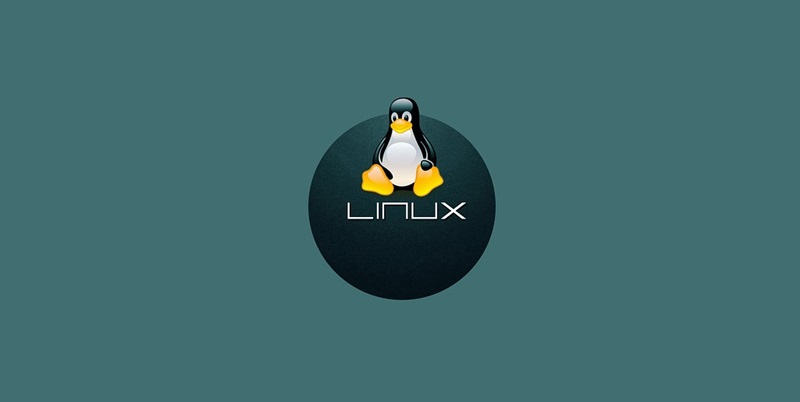Canonical has historically adopted a conservative approach regarding the integration of the Linux kernel in Ubuntu operating systems, prioritizing stability and reliability over cutting-edge features. Traditionally, Canonical would only include the most recent stable kernel version within their Ubuntu releases, establishing a kernel freeze milestone two months before each OS upgrade. This strategy has ensured the robustness of Ubuntu’s diverse use cases, spanning desktops, servers, cloud data centers, and IoT devices. However, Canonical recently announced a significant change in this longstanding approach. The company will now adopt the most current upstream Linux kernel version available at Ubuntu’s release freeze date, even if that version is still in Release Candidate (RC) status. This shift aims to provide users with the latest features and hardware support, addressing a common criticism of the previous conservative kernel strategy. While this new "aggressive kernel version commitment policy" promises exciting advancements, it also introduces notable risks, given that RC releases may still contain unresolved bugs. Despite these concerns, Canonical is committed to managing the potential challenges to maintain the reliability of their operating systems.
Addressing User Feedback and Enhancing Hardware Support
The primary motivation behind Canonical’s policy change is to better respond to user feedback and improve compatibility with the latest hardware. Many users had expressed dissatisfaction with the older approach, pointing out that it left Ubuntu trailing behind other Linux distributions regarding new features and hardware support. By incorporating the latest upstream Linux kernel version, Canonical aims to make Ubuntu more competitive, offering users immediate access to cutting-edge innovations and broader hardware compatibility right out of the box. As technology rapidly evolves, having timely support for new hardware becomes increasingly critical. Whether it’s the latest GPUs, CPUs, or other peripheral devices, users expect their operating systems to seamlessly integrate with new hardware without needing extensive workarounds.
Transitioning to this new kernel adoption policy is not without its complexities. Release Candidate (RC) kernels are not final versions and can have stability issues or unresolved bugs. To mitigate these risks, Canonical intends to provide robust support for the specific Linux kernel release included in each Ubuntu version. This approach involves close collaboration with the upstream Linux community to identify and resolve issues promptly. The strategy also underscores the importance Canonical places on feedback from its user base, acknowledging that many users prefer access to the latest technological advancements despite the inherent risks. This change indicates Canonical’s commitment to balancing innovation with its hallmark stability and reliability.
Aligning with Ubuntu’s Release Schedule
Canonical has traditionally taken a conservative stance on integrating the Linux kernel into Ubuntu, prioritizing stability and reliability over the latest features. They typically included the most recent stable kernel version in their Ubuntu releases and set a kernel freeze milestone two months before each OS upgrade. This approach ensured the robustness of Ubuntu across various applications, from desktops to servers, cloud data centers, and IoT devices. However, Canonical recently announced a significant shift in this strategy. Moving forward, they will adopt the most current upstream Linux kernel available at the release freeze date, even if it is still in Release Candidate (RC) status. This change aims to provide users with the latest features and improved hardware support, addressing a common criticism of their previous conservative approach. Though this "aggressive kernel version commitment policy" offers promising advancements, it also introduces risks, as RC versions may still have unresolved bugs. Despite these concerns, Canonical remains committed to managing potential challenges to maintain its operating systems’ reliability.

